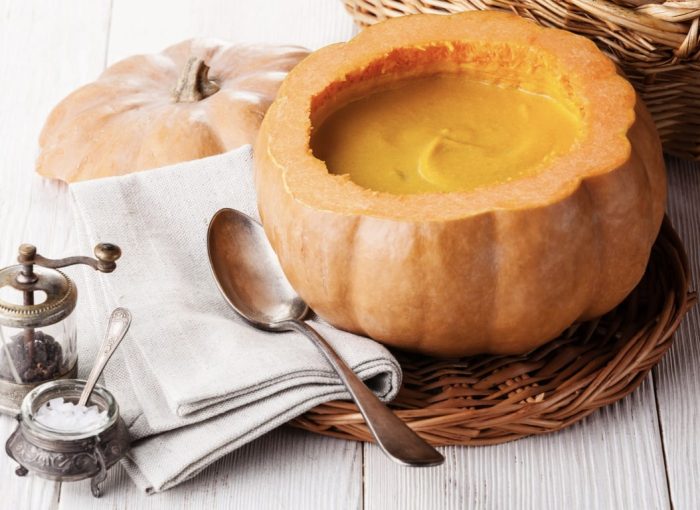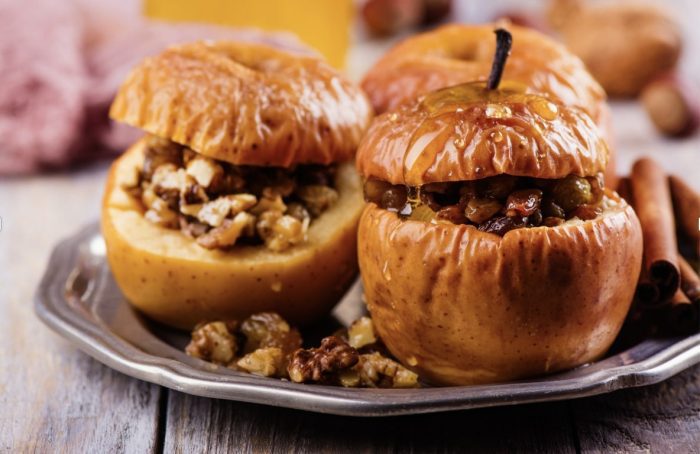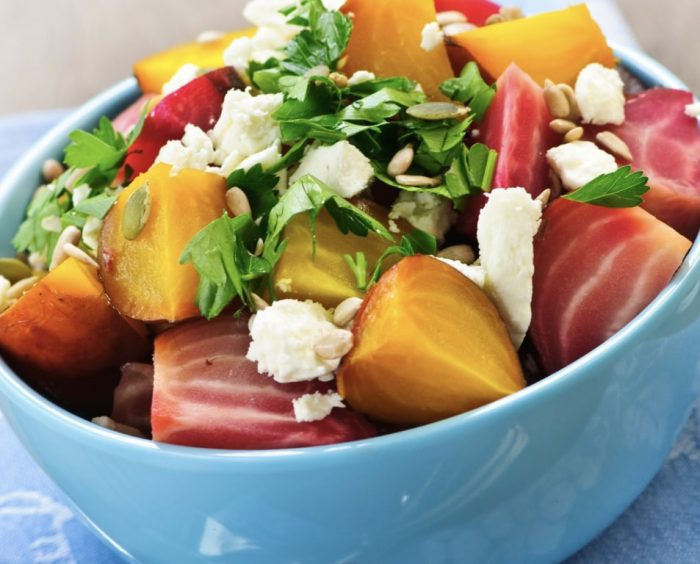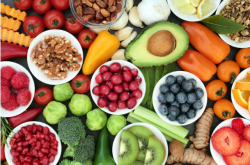Nutrition Spotlight: Seasonal Fall Foods and Their Benefits for Seniors in Home Care
October, with its fiery colors and brisk air, brings forth a bountiful harvest of autumnal produce. The fall season is not just a visual treat, but a culinary delight, especially for seniors in home care. A balanced, nutrient-rich diet is essential for overall health and well-being, and integrating seasonal foods can bring variety, flavor, and a host of benefits. Let’s explore some of fall's most nutritious offerings and how they can bolster the health of our elderly loved ones.

1. Pumpkins: Not Just for Carving
Beyond the jack-o'-lanterns, pumpkins are a nutrition powerhouse:
Rich in Beta-Carotene: This antioxidant converts to vitamin A in the body, promoting good vision and skin health.
Boosts Immunity: With a good dose of vitamin C, pumpkins can help bolster the immune system.
How to Serve: Pumpkin soups, roasted pumpkin seeds, or even pumpkin puree in smoothies.

2. Apples: An Orchard Delight
There's truth in the adage, "An apple a day keeps the doctor away."
Heart Health: Apples are rich in soluble fiber, which can help reduce cholesterol levels.
Digestive Aid: The fiber also aids in digestion, promoting a healthy gut.
How to Serve: Freshly eaten, baked apples, apple sauce, or even a warm apple pie for a treat.
3. Brussels Sprouts: Tiny Greens, Big Benefits
These miniature cabbage-like veggies are packed with goodness:
Rich in Vitamins: They offer a good dose of vitamins K and C.
Bone Health: Vitamin K is crucial for bone health, aiding in bone calcification.
How to Serve: Roasted with a touch of olive oil, garlic, and a sprinkle of salt.
4. Sweet Potatoes: Nature’s Sweet Treat
A healthier alternative to regular potatoes:
Boosts Immunity: High in vitamin A, which is essential for a robust immune system.
Anti-inflammatory: They contain choline, which helps with sleep, muscle movement, and reducing chronic inflammation.
How to Serve: Baked sweet potatoes, mashed, or even in casseroles.
5. Pears: The Soft and Sweet Fall Fruit
Pears are not just delicious but also nutrient-rich:
Fiber-Packed: Great for digestive health.
Heart Health: Can help reduce the risk of heart diseases due to their fiber content.
How to Serve: Freshly sliced, poached pears, or added to salads.

6. Beetroot: The Earthy Powerhouse
These deep red veggies are full of benefits:
Blood Pressure: They help in relaxing blood vessels, providing better blood flow and reducing blood pressure.
Brain Health: Increased blood flow also benefits brain health, potentially delaying cognitive decline.
How to Serve: Roasted beets, beet salads, or beetroot juice.
Incorporating fall’s seasonal produce into the diet of seniors in home care can offer both variety and a host of health benefits. As the leaves change and the air gets cooler, let’s ensure our plates are filled with the warmth and nourishment of the season. After all, good nutrition is the cornerstone of health and vitality, especially for our cherished seniors.



